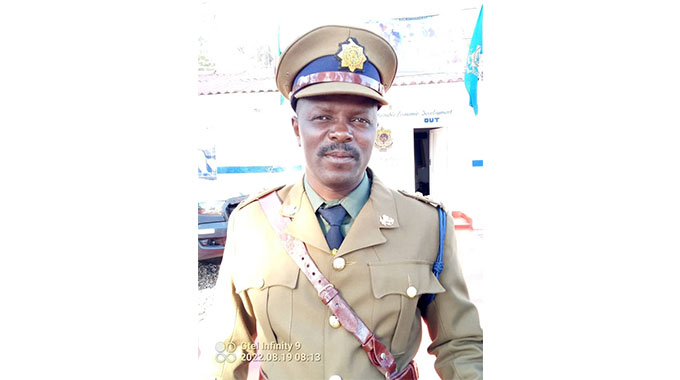EMA conducts solid waste survey

Sukulwenkosi Dube-Matutu
THE Environmental Management Agency (EMA) is conducting a solid waste characterisation baseline survey in the country’s major cities and towns to come up a proper waste management policy.
The agency has been randomly sampling residential areas, light and heavy industries, commercial sector and various institutions such as schools, hotels, lodges and health facilities. EMA inspectors working with council staff are moving around institutions to identify the type and quantity of waste being produced.
So far provinces that have been covered include Matabeleland South, Matabeleland North, Midlands.
The exercise will soon move to Mashonaland Central, Mashonaland East and Masvingo. The target is to have covered all provinces by month end.

In an interview, EMA environmental education and publicity manager, Ms Amkela Sidange said coming up with a waste generation baseline report will help in coming up with strategies to reduce pollution caused by waste being produced.
It will also culminate in the adoption of better practices in waste management as the agency seeks to attain a clean safe environment for all.
She said the NDS1 highlights issues of pollution and waste management as key emerging issues that need immediate attention for the country to attain Vision 2030.
“The purpose of the solid waste characterisation baseline is to find out how much waste the country is producing. The solid waste management status that we have as a country is derived from the 2013 waste generation baseline report which was produced by the agency. The information which is there on the report is showing that the country was generating about 1,56 million tonnes of waste per year at the time. The report culminated in the integrated solid waste management plan. The report also showed that by 2020 most urban areas would be sitting at 2 million tonnes per year,” she said.
“We now want to update this report to ensure that the information that we have is not overtaken by events in order to inform decision making. It is also critical to know how the country is performing when it comes to solid waste management. We seek to address many issues among them is attaining zero waste landfills. Continuous updating of these statistics can guide us on the progress we are making in reducing waste that goes to the landfill.”
Ms Sidange said 90 percent of waste which was being produced throughout the country can be recycled, reused or composted.
She said only 10 percent should be directed to landfills if citizens are actively involved in recycling. She said the desired end result is to do away with landfills.
Ms Sidange said the waste generation baseline report will also feed into the next state of the environment report which the agency is working on.
She said 20 cities and towns from across all provinces will be covered during the waste characterisation baseline survey.
Ms Sidange said the survey will help to determine the nature of waste being generated by various institutions.
She said they are working with research institutions during the exercise.
“During the exercise, we will be quantifying waste that is being generated in major cities, residential areas, industrial areas, and institutions. This will help determine the composition, and characteristics of solid waste being generated. This will also help to determine the level of recycling uptake. We want to collect between 3 000 to 4 000 samples countrywide from 20 major cities and towns. The areas will be grouped into clusters for example we will have schools, health institutions, and industrial areas among others,” she said.
@DubeMatutu










Comments